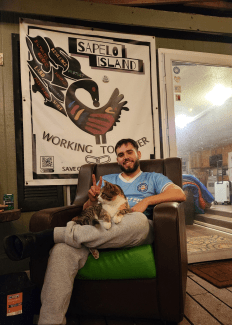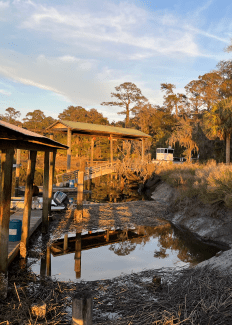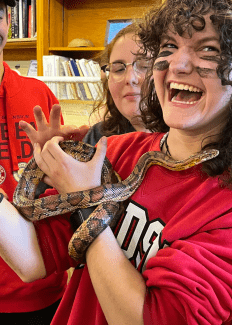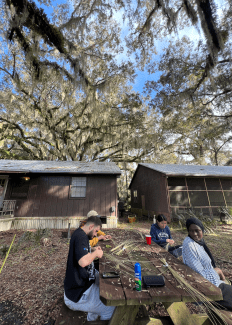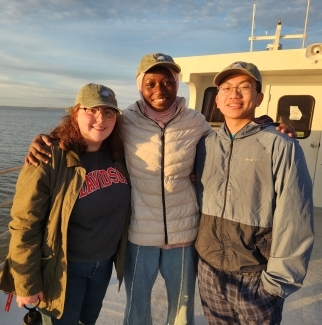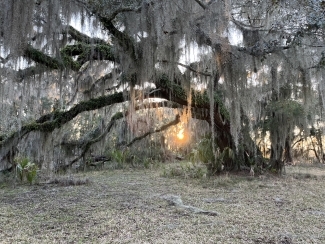My Davidson | A Student Blog Tackling Food Insecurity on Alternative Break to Sapelo Island, GA
April 16, 2024
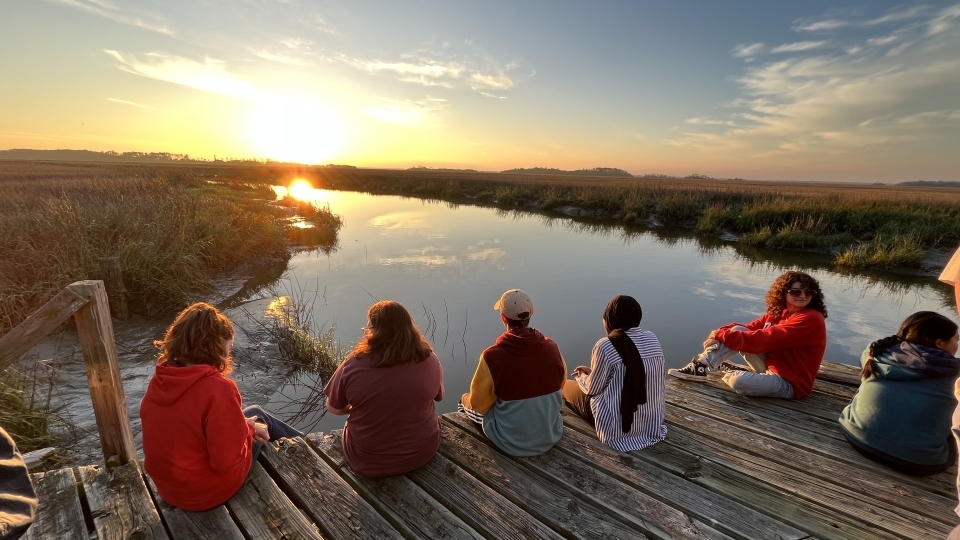
Sapelo Island, Georgia, is the site of Hogg Hummock, the last known Gullah community.
Davidson students reflect on their alternative spring break trip to Sapelo Island, Georgia. They worked with a Black feminist collective nonprofit led by Davidson alums to address food insecurity in the South through sustainable agriculture.
About the Trip Leaders
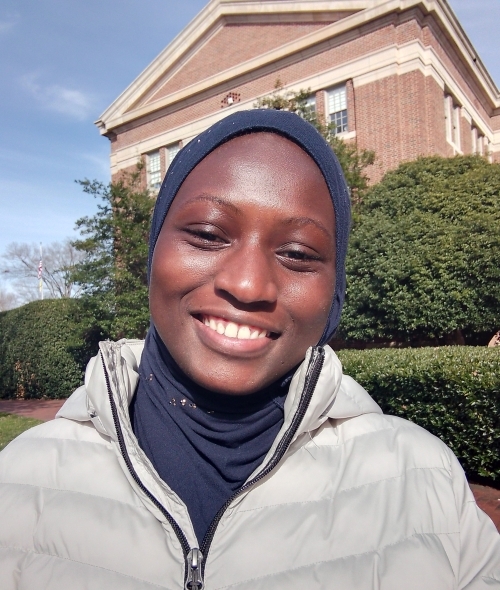
Fana Cisse ’25 (she/her) is a Biology major and Arab Studies minor from Diamalaye, Dakar, Senegal.
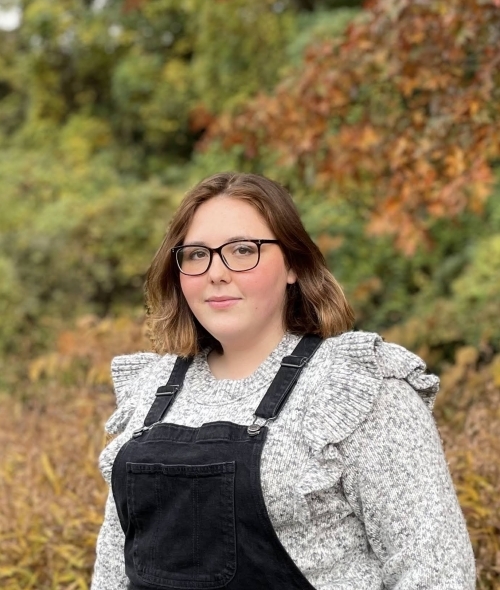
Lorain Clawson ’26 (she/her) is an Arab Studies and Political Science double major from Milan, Ohio.
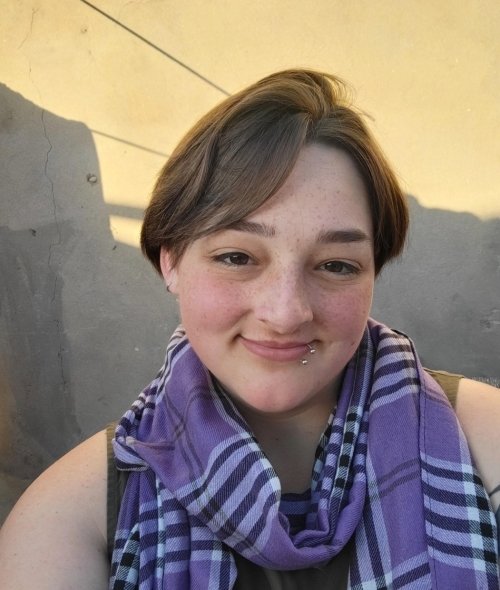
Zoey Delaney ’25 (she/her) is a Biology major and French minor on the Preveterinary track who serves as president of Alternative Breaks.
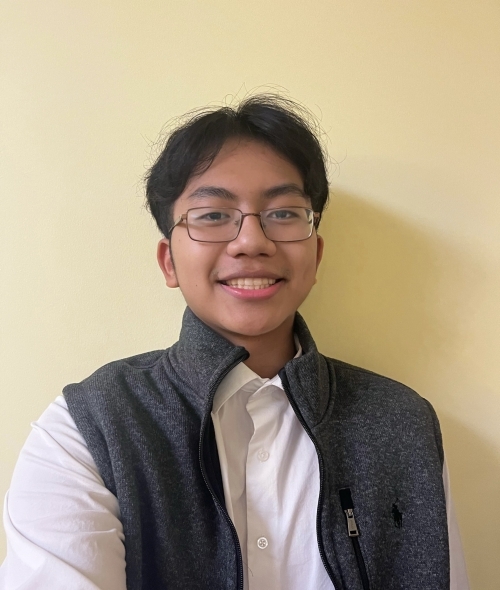
Mike Mung ’25 (he/him) is a Biology major on the Premedicine track from Nashville, Tennessee.
Our trip to Sapelo Island, Georgia, was to assist a non-profit called Greene Clothe. Greene Clothe is a Black feminist collective led by two Davidson alums, Jennifer Thompson '20 and Victor-Alan Weeks '20, who design and execute projects using sustainable agricultural practices and provide communal gardens in response to food insecurity and food apartheid in the southern United States.
An excerpt from Greene Clothe's broader mission statement reads: "to provide Black and Brown people with affordable, luxurious, and economically friendly experiences and lifestyle alternatives."
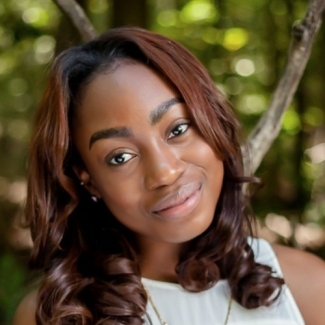
Jennifer Thompson '20
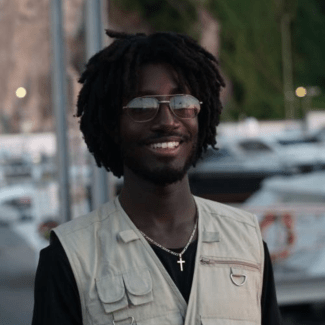
Victor-Alan Weeks '20
The purpose of our trip ultimately aligned with our alternative breaks mission: “to provide Davidson students with opportunities to complete service projects, learn through active civic engagement, and expand their worldview in working with underrepresented communities in the United States.” On Sapelo Island, our purpose was to connect with the descendants of the Gullah Geechee and local Hogg Hummock community, learn how land has intrinsic value besides monetary, and educate ourselves on how food insecurities, food apartheid, and systematic racism have affected the native residents of the island.
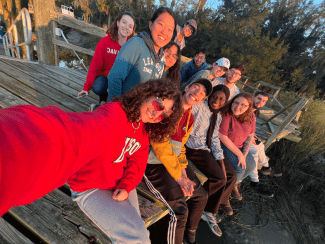
The trip included 12 Davidson students (including the three trip leaders): Brooke Lackey '26, Sophia Shan '27, Trixie MacNeill '25, Tyler Puleo '25, Lizbeth Velasco '25, Italy Ramos '25, Israel Cabeza Diaz '26, Abraham Hernandez Mujica '26 and Alexandra Williamson '24.
The trip went smoothly thanks to the kindness and support shown by the students, trip leaders, our hosts and the community members we encountered. Both non-profit leaders of Green Clothe, Jennifer Thompson and Victor-Alan Weeks, made sure the process was easy by sending a packing list and even a premade invoice for all expenses we’d incur. Victor-Alan even gave a pre-orientation talk about the trip on campus. During the trip, we received support from community members, such as Maurice, who offered us his home to sleep in for the first night, and Francine, who gave us delicious home-cooked meals throughout the week. The kindness we received on Sapelo was genuine and enveloped us in a welcoming embrace.
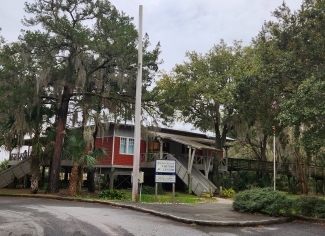
We learned basket weaving and night fishing from community members and received tours of historic Black sites. The students made sure to repay that kindness through our service and continual engagement. While there, we organized tool sheds for the local Hogg Hummock community, prepared fence installations, cultivated community gardens and weeded the historic sites.
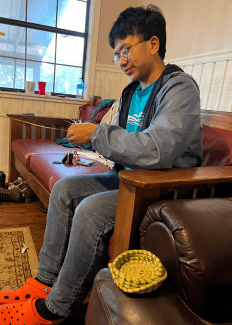
Basket weaving
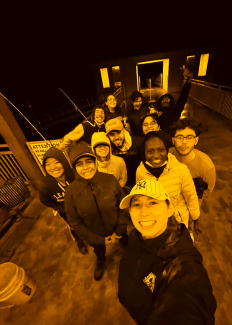
Night fishing
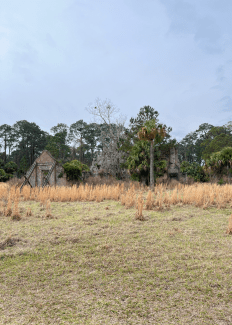
Visiting a historic Black site
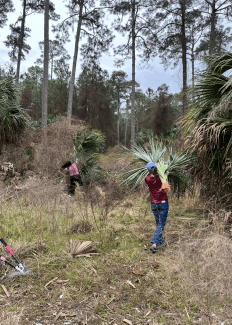
Weeding a historic site
After everything, there were too many takeaways to state them all. The community was very open about their continual struggles against the systems in place. We learned the intrinsic value of land and how history, heritage, and culture are all rooted in the land on Sapelo Island. We learned of the continuous fight to preserve and restore this land in the face of tourism, wealthy investors, and realtors who want to sell away the land. We learned how the state government of Georgia has repeatedly attempted to displace the descendants of the Gullah Geechee and the island inhabitants through unfair taxation, buying plots of land, decreasing government services, and even removing places to vote.
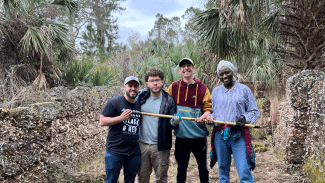
Above all, we learned how change and progress are continual uphill battles that take committed, intelligent individuals that put social justice and human rights at the forefront. We learned that service provides relief but not the cure; we learned that our role as students now is to become future leaders who can propel change; we learned that the current policies created put capital above humanity and that ultimately disenfranchises and hurts the already underrepresented in the United States. However, we also learned that good people are found even in the most remote places and have taken on the role of advocates, agents of change, and catalysts for the change they want to witness.
